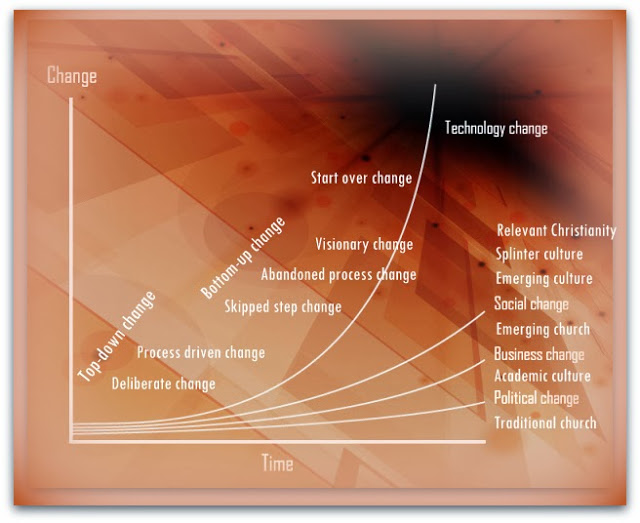There Are No Ordinary People;
You Have Never Met a Mere Mortal
C. S. Lewis, from The
Weight of Glory
 But our merriment
must be of that kind (and it is, in fact, the merriest kind) which exists between
people who have, from the outset, taken each other seriously - no flippancy, no
superiority, no presumption.
But our merriment
must be of that kind (and it is, in fact, the merriest kind) which exists between
people who have, from the outset, taken each other seriously - no flippancy, no
superiority, no presumption.
And our charity must
be real and costly love, with deep feeling for the sins in spite of which we
love the sinner - no mere tolerance or indulgence which parodies love as
flippancy parodies merriment.
Next to the Blessed
Sacrament itself, your neighbor is the holiest object presented to your senses.
In jars of clay.
C. S. Lewis, from The
Weight of Glory
It may be possible
for each to think too much of his own potential glory hereafter; it is hardly
possible for him to think too often or too deeply about that of his neighbor.
The load, or weight,
or burden of my neighbor’s glory should be laid daily on my back, a load so
heavy that only humility can carry it, and the backs of the proud will be
broken.
It is a serious
thing to live in a society of possible gods and goddesses, to remember that the
dullest and most uninteresting person you talk to may one day be a creature
which, if you saw it now, you would be strongly tempted to worship, or else a
horror and a corruption such as you now meet, if at all, only in a nightmare.
All day long we are,
in some degree, helping each other to one or other of these destinations.
It is in the light
of these overwhelming possibilities, it is with the awe and circumspection
proper to them, that we should conduct all our dealings with one another, all
friendships, all loves, all play, all politics.
There are no ordinary people.
You have never
talked to a mere mortal.
Nations, cultures,
arts, civilization - these are mortal, and their life is to ours as the life of a
gnat.
But it is immortals
whom we joke with, work with, marry, snub, and exploit—immortal horrors or
everlasting splendors.
This does not mean
that we are to be perpetually solemn.
We must play.
But our merriment must be of that kind (and it is, in fact, the merriest kind) which exists between people who have, from the outset, taken each other seriously - no flippancy, no superiority, no presumption.
And our charity must
be real and costly love, with deep feeling for the sins in spite of which we
love the sinner - no mere tolerance or indulgence which parodies love as
flippancy parodies merriment.
In jars of clay.



















